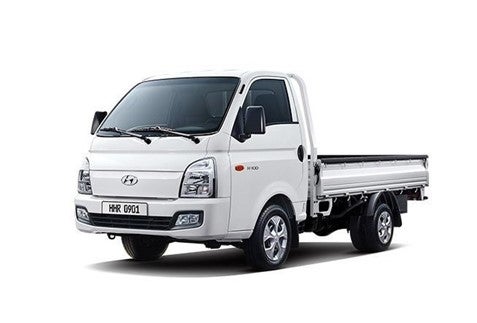
Hyundai and Kia plan to completely cease production of diesel light duty trucks by the end of 2023 as part of their shift towards more environment friendly fuels.
According to local reports, the automakers wrote to domestic dealers this month to say that, from December, diesel versions of the Hyundai Porter and Kia Bongo trucks would no longer be available.

Discover B2B Marketing That Performs
Combine business intelligence and editorial excellence to reach engaged professionals across 36 leading media platforms.
Model lines powered by a new 2.5-litre turbocharged liquefied petroleum gas (LPG) engine would be offered instead. Compared with the diesels, the LPG engines have improved power output and are 10% more fuel efficient.
Hyundai Motor Group (HMG) said the move anticipated the introduction in South Korea of new Euro VII based emission regulations at the beginning of next year, affecting light delivery trucks.
Hyundai would continue to produce electric Porter trucks for which there is a strong domestic market with monthly sales of 2,500 units this year. This model was first launched in 2020. Earlier this year electric Kia Bongo models were launched.
According to local reports, Kia ended production of diesel Bongos in mid July.
The new LPG models are expected to cost more than current diesel models but buyers are expected to qualify for government incentives to help with the switch.






